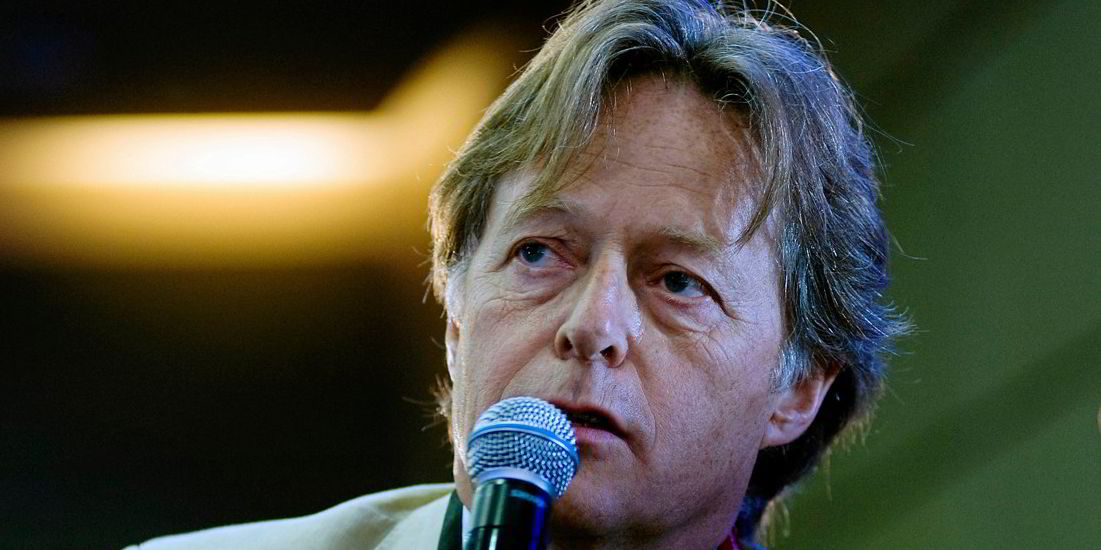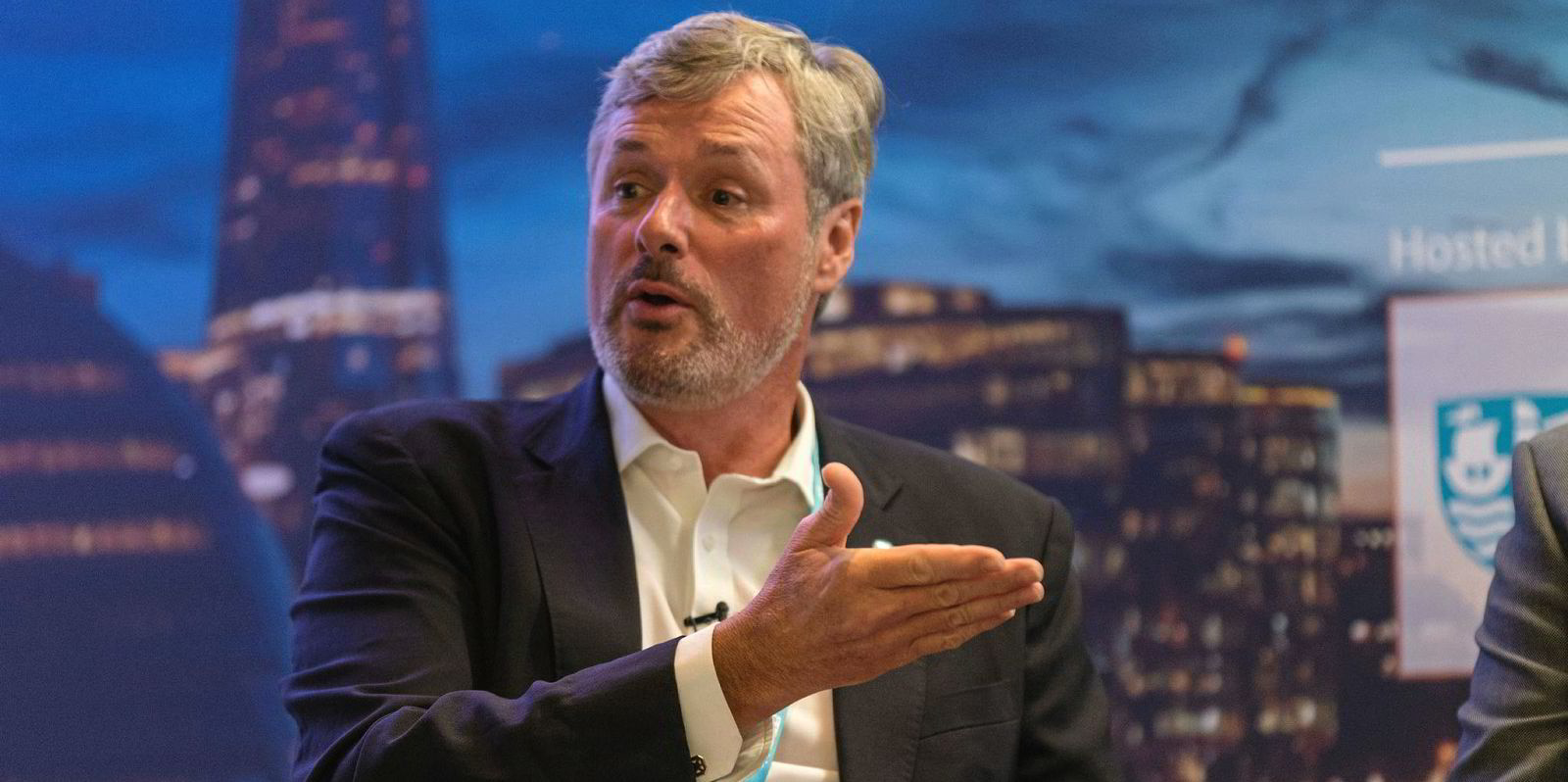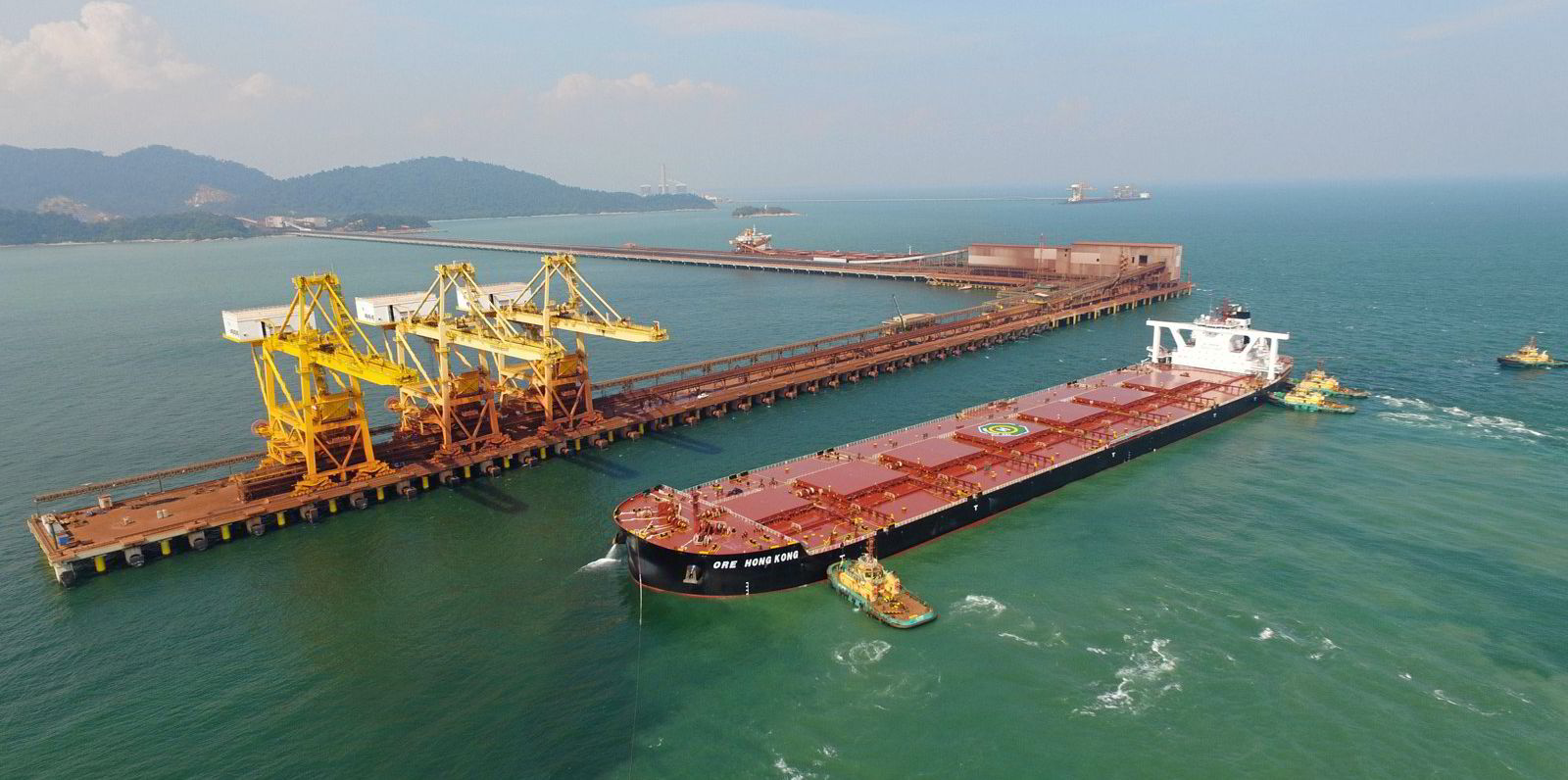Some of the world’s biggest freight derivatives traders are claiming success in pushing the Baltic Exchange to address “fundamental issues” they have about the integrity of its indices.
Recent exchanges and meetings between the Baltic and the leaders of the recently formed Independent FFA Association have been “a really great positive move”, said one trader, although they will continue to press for improvements and more transparency.
The rapprochement appears to have calmed talk of the most extreme ultimate outcome that could see players move to create their own new indices to rival the Baltic.
The IFFAA was set up earlier in 2023 in dismay at the Baltic’s relationship with the freight futures business, which relies on the Baltic’s indices as the basis for its multibillion-dollar global freight derivatives trades.
The association counts Cargill, Oldendorff and Clarksons among its members, who claim to control 80% to 90% of open forward freight agreements interest in the market. In July, the association sent a polite but bluntly worded broadside to the Baltic.
It asked it to address questions such as accuracy, human bias, transparency, auditing, and its expertise in compiling the freight price data against which they trade.
“There is a prevailing perception among users of a lack of transparency in Baltic Exchange processes,” the IFFAA has said.
The Baltic was sold by its shipbroker founders in 2016 for around $100m to Singapore financial market provider SGX. Since then, under chief executive Mark Jackson, it has improved the rigour and integrity of its products, but FFA traders feel vital work has gone undone.
Association leaders John Banaszkiewicz, Hugh Taylor and Philippe van den Abeele told TradeWinds that their members wanted to work constructively with the Baltic for the good of the market.
The Baltic’s response to the IFFAA questions “was very slow, but they took our contribution very seriously”, they said.
Taylor added: “I did notice the seriousness with which they took our open letter, and I was impressed that Mark Jackson and Matthew Cox turned up to our offices. They were seriously on edge, I’d say, and really keen to get their message across.”
He added: “We were encouraged…They have since looked to seize the narrative, announcing changes in line with some of our suggestions.”
The exchange recently hired a veteran FFA trader, Andrew Hawtin, from Banaszkiewicz’s Freight Investor Services, to bolster their skills and standing in the market.
The IFFAA committee will review the Baltic’s response at a meeting on 4 November.
Van den Abeele, who pioneered freight derivatives since the late 1980s, told TradeWinds: “The one thing that struck me is that I’ve never, ever seen the Baltic taking so much detail and care about explaining how they produce the indices.
“In 20 years, I have never seen the Baltic being completely open and trying to give as much detail as possible,” he said.
“It just indicates that the creation of the association is the right thing because it pushes the Baltic in having to be more open, in having to be more assertive, and to listen to the industry rather than to try and do its own thing on its own with the internal councils that they have.”
IFFAA members include representatives from shipowners Torvald Klaveness, Oldendorff Carriers, DryLog and Star Bulk Carriers; commodities players Cargill, Koch Industries and RWE Supply & Trading; financial players the Paralos Fund, Consortium Maritime Trading and Profision Capital Management; and brokers Simpson Spence Young and Clarksons.
Jackson told TradeWinds: “We are genuinely pleased to hear such positive feedback, especially from key industry participants. Our goal has always been to provide trusted benchmarks, and it’s encouraging to know that our efforts are being recognised and appreciated.”
Since the FFA and physical markets focus on different parts of the index creation process, the Baltic’s target and investment have been on index production and engagement with panellists, Jackson observed.
The result was that the FFA participants did not feel that the Baltic was talking to them, whereas they thought they were, he added.
“The emergence of the IFFAA was a solution to the problem, and as you know, I welcomed the development with open arms,” Jackson said. “We are able to improve when people tell us what they want and what they think we are doing wrong. Open dialogue and collaboration are essential to the maturity of our industry.”
Van den Abeele stressed the association intended to support and not antagonise the Baltic to drive constructive change. But its members could still take more radical action if their concerns were not acted on.





